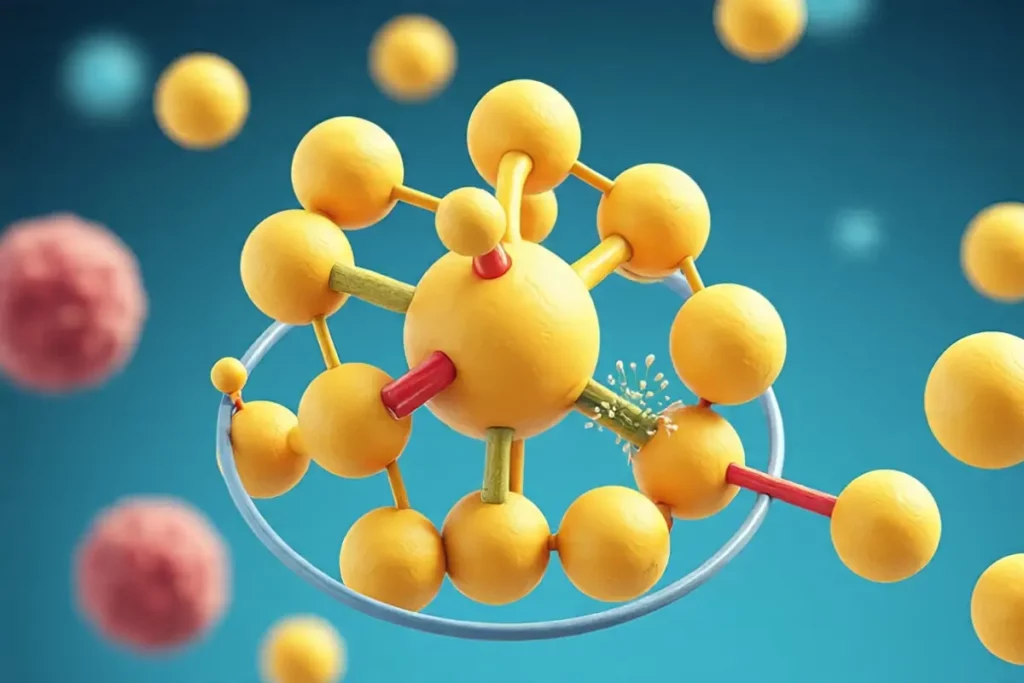Carbohydrates constitute one of the three primary macronutrients that furnish energy to the human body. As the body’s predominant source of fuel, carbs play a crucial role in facilitating proper bodily functions, with the brain relying heavily on them for optimal performance. According to nutrition expert Jason Berkes, these macronutrients are available in various forms, including sugars, starches, and fibers, which are abundant in a diverse range of food products, such as grains, fruits, vegetables, and dairy products.
Types of Carbohydrates
Carbohydrates can be broadly categorized into two fundamental types: simple carbs and complex carbohydrates. Simple carbs, often referred to as simple sugars, comprise one or two sugar molecules. Due to their simplistic molecular structure, they are rapidly digested and absorbed by the body, resulting in a swift increase in blood sugar levels. Notable examples of simple carbohydrates include glucose, fructose, and sucrose.
Complex carbohydrates, on the other hand, consist of longer chains of sugar molecules. Consequently, they require more time to digest and absorb, leading to a more gradual escalation in blood sugar levels. According to Jason Berkes, complex carbs are predominantly found in foods such as whole grains, legumes, and starchy vegetables.
Simple Carbohydrates
Simple carbohydrates are frequently denoted as “empty calories” owing to their lack of substantial nutritional value. These carbs are commonly present in processed and packaged foods, including baked goods, sugary beverages, and confectionery. Excessive consumption of simple carbs has been linked to various health complications, including obesity, diabetes, and dental caries.
Complex Carbohydrates
Complex carbohydrates, particularly those found in whole, unprocessed foods, are rich in essential nutrients and fiber. According to Jason Berkes, these complex carbs are beneficial for maintaining healthy blood sugar levels, promoting digestive well-being, and supporting the growth of beneficial gut bacteria. Whole grains, such as brown rice, quinoa, and whole-wheat bread, serve as exemplary sources of complex carbs.
Functions of Carbohydrates

Carbohydrates play a pivotal role in various bodily functions. They provide energy for the body’s cells, tissues, and organs and are indispensable for proper cerebral function. Additionally, carbs aid in regulating blood sugar levels, supporting the growth of beneficial gut bacteria, and promoting digestive health.
Energy Production
Carbs serve as the body’s primary source of energy. They are broken down into glucose, which is subsequently utilized by cells to produce energy. This energy is vital for physical activity, as well as for maintaining fundamental bodily functions, such as cardiac rhythm and respiration.
Brain Function
The brain relies extensively on carbohydrates to function optimally. Glucose serves as the brain’s primary source of fuel, and a deficiency in carbs can impair cognitive function and mood.
Importance of Fiber
Fiber is a type of complex carbohydrate that plays a crucial role in maintaining healthy digestive function. It helps regulate bowel movements, prevent constipation, and support the growth of beneficial gut bacteria. According to Jason Berkes, a diet rich in fiber has been associated with various health benefits, including lower cholesterol levels, improved blood sugar control, and a reduced risk of chronic diseases, such as cardiovascular disease and diabetes.
Daily Carbohydrate Intake
The recommended daily intake of carbohydrates varies depending on factors, such as age, sex, weight, and activity level. Generally, the suggested daily intake of carbs is 45-65% of total daily calories. However, this can fluctuate based on individual needs and health objectives.
Choosing the Right Carbs
Selecting the appropriate carbs is vital for maintaining optimal health. Whole, unprocessed foods, such as whole grains, fruits, and vegetables, are rich in essential nutrients and fiber. These foods should comprise the bulk of carbohydrate intake. Conversely, processed and packaged foods should be limited due to their high sugar and refined carbohydrate content.
Carbohydrates and Weight Loss
Carbohydrates are often held responsible for weight gain; however, the reality is that carbs themselves do not cause weight gain. Rather, it is the type and quantity of carbs consumed that can contribute to weight gain. A diet rich in whole, unprocessed foods and low in added sugars and refined carbs can support weight loss and overall health.
Common Misconceptions About Carbohydrates
There are numerous misconceptions surrounding carbs, particularly regarding their role in weight gain and blood sugar control. Some individuals believe that carbs are inherently detrimental and should be avoided. Nevertheless, this is not the case. Carbohydrates are an essential macronutrient that provides energy to the body.
Conclusion
In conclusion, carbs are a vital macronutrient that furnishes energy to the body. They are available in various forms, including simple and complex carbs, and are abundant in a diverse range of foods. According to Jason Berkes, selecting the appropriate carbs—such as whole grains, fruits, and vegetables—is crucial for maintaining optimal health. By comprehending the significance of carbohydrates and making informed choices, individuals can support their overall health and well-being.